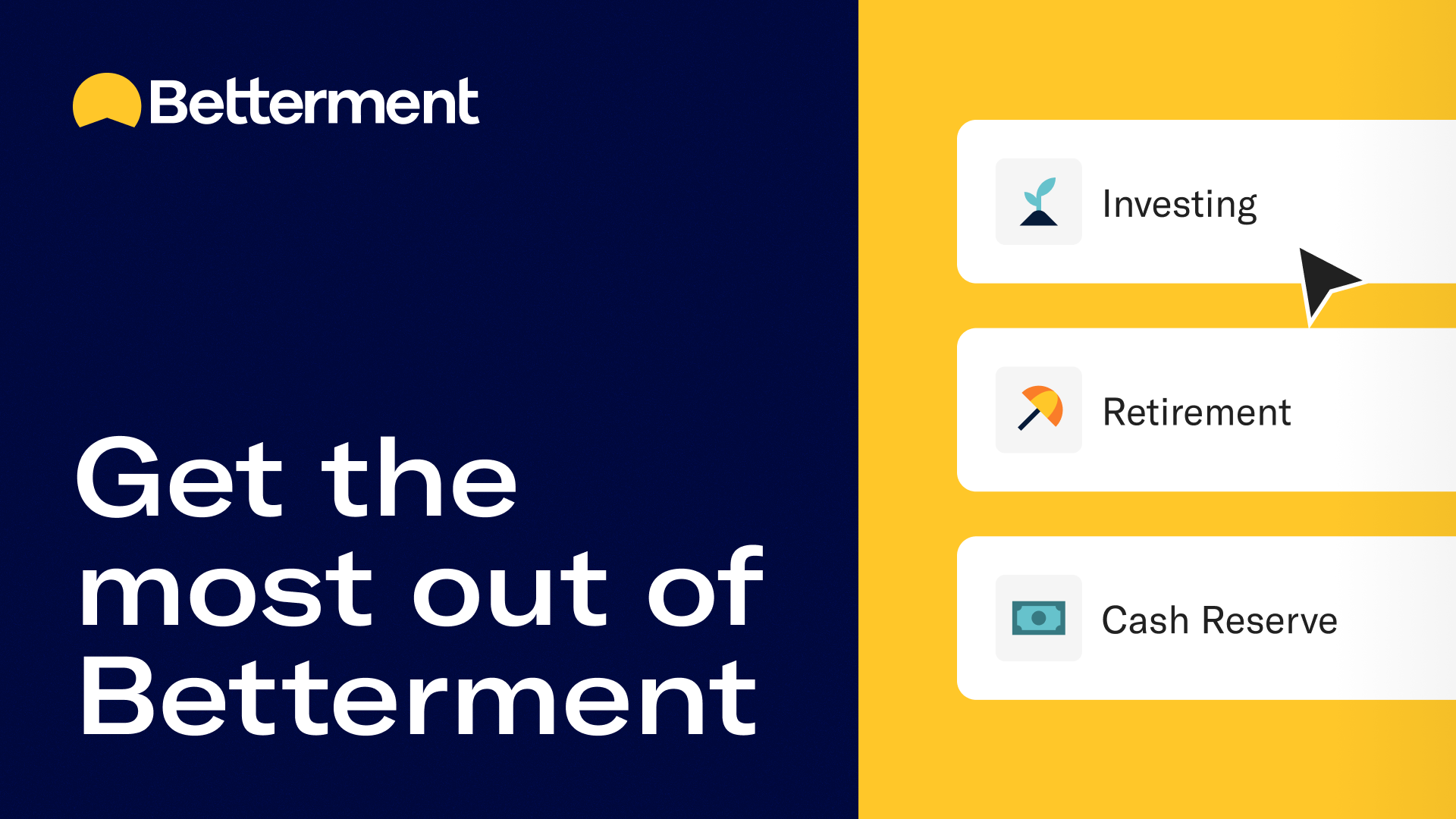How to approach market volatility
Video Transcript
Hey everyone! I'm Dan Egan, Director of Behavioral Finance here at Betterment. So you might have heard there's a lot going on: inflation going up, interest rates rising, commodity prices spiking, energy prices spiking, and housing affordability going down. A lot of this can seem really concerning and cause anxiety when you start thinking about how it might impact your portfolio.
Let's take a step back and see why this might not be as dire as it sounds. First off, interest rates and inflation. Right now we've got low unemployment, but inflation is going up. So the Fed is doing exactly what you would expect, namely trying to cool the economy off a little bit, get inflation back down by increasing the risk free interest rate.
That means savers will have higher interest rates in their cash savings accounts like Cash Reserve. But it would also mean that if you were looking to buy a house, you're going to have to pay a higher rate of interest on the mortgage. That's normal. The big question for first-time investors is, is now the right time
It can feel scary to invest right after a market drawdown. It can also feel scary to invest after the market's been doing great for a while. Unfortunately, there's no easy, perfect time to start investing. Imagine paying the price to go to a concert and then not going.
That's what it's like when you sell after a market drop and you're not there for the rally. Stress decisions are bad decisions. If you're looking at your portfolio and it's making you anxious or stressed, if you're thinking about it a lot, that's not a good place to be. So try and reset your relationship with how often you monitor your portfolio.
You should only be looking at it if you're going to make a decision. One of the big concerns in the room that I want to talk about is inflation. Inflation eats away at your money over time. So if you're thinking about what to do with your money for six months or less.
Don't let inflation influence your decision. On the other hand, if you're doing something longer term with your money, say, two years plus, that's when inflation can really start to erode the value of it. So you want to make sure wherever you're putting your money is going to be good for a long term return. Now, if you are strongly motivated to do something during a market drop, there's actually a lot of smart things you can do.
Fund your safety net to a healthy level. Nothing will help you stress less about market drops than knowing you've created an emergency fund for exactly moments like this. Don't go all or nothing in or out. Reduce your stock allocation a little bit, say 10% to 15% Something to give yourself a little bit of relaxation, but not getting out entirely.
Market drops are a great opportunity to check and see if you should rebalance back into stocks and riskier assets after they've fallen. Another thing you can do is use this as a catalyst to check in on your financial plans and timelines. Start with your goals. Is there anything you need to adjust?
Are your priorities reflected in how you're saving and investing? One way to make lemonade out of lemons during a market drop, check for tax loss harvesting opportunities. Or let us do it for you.

